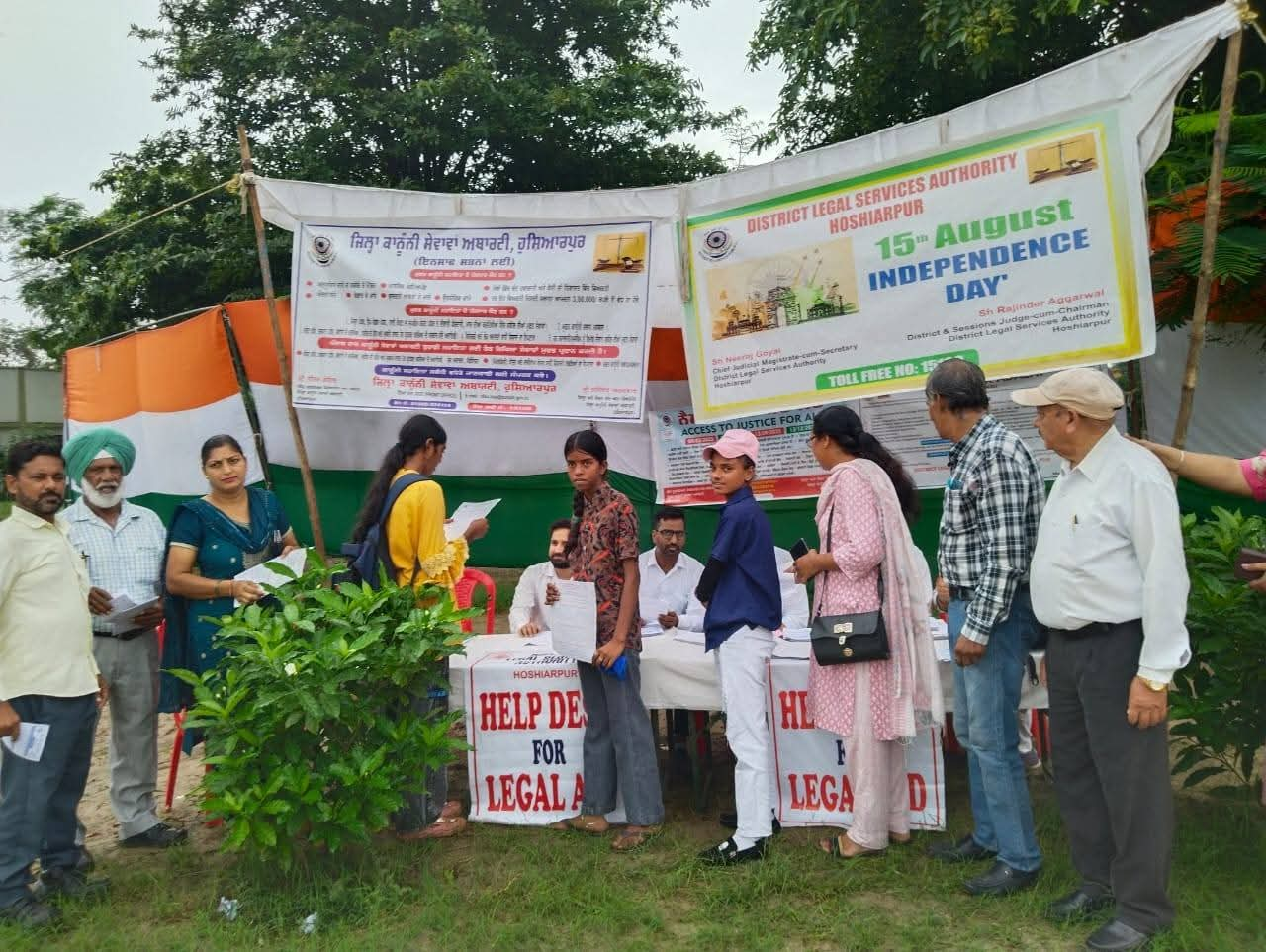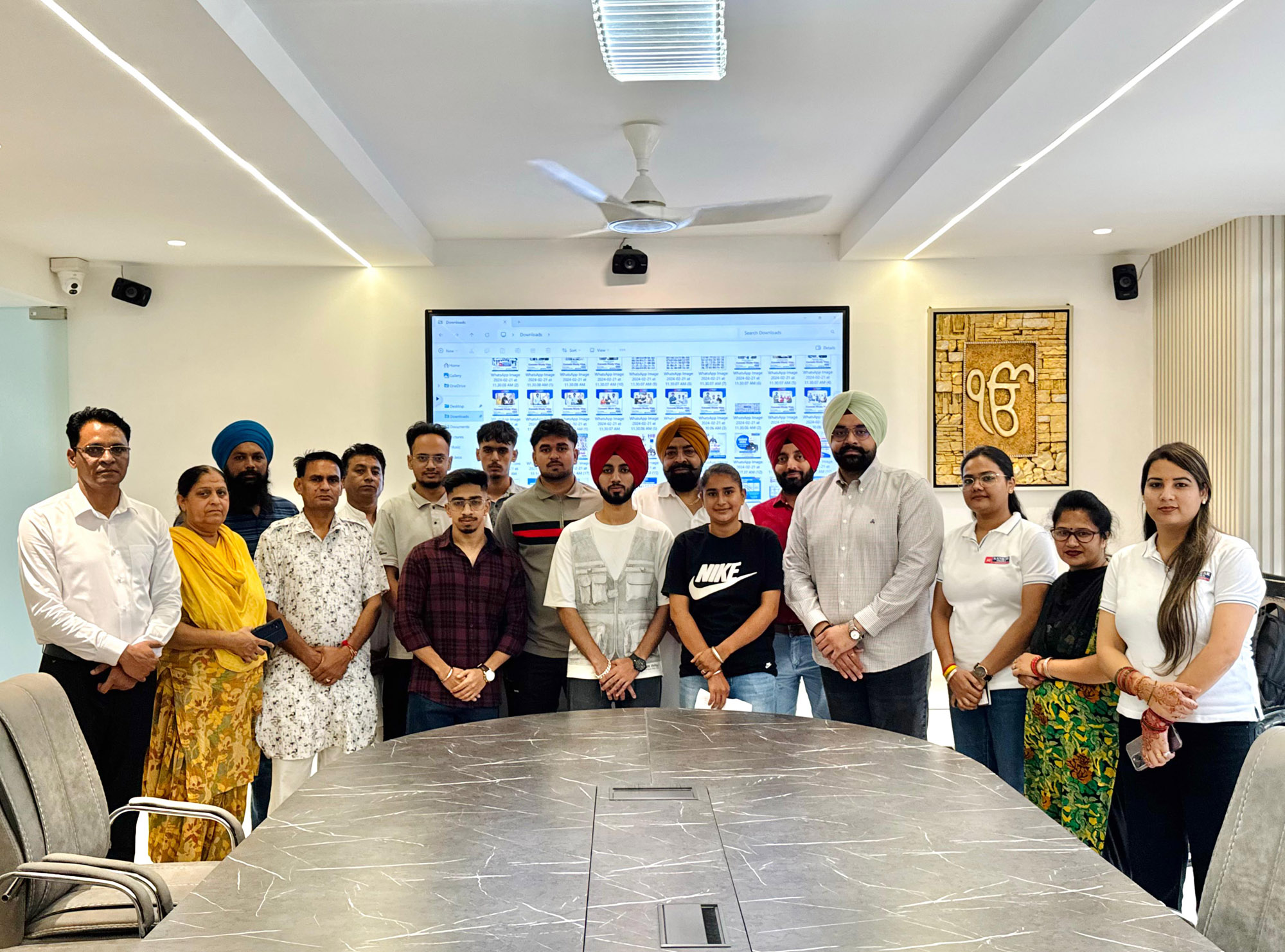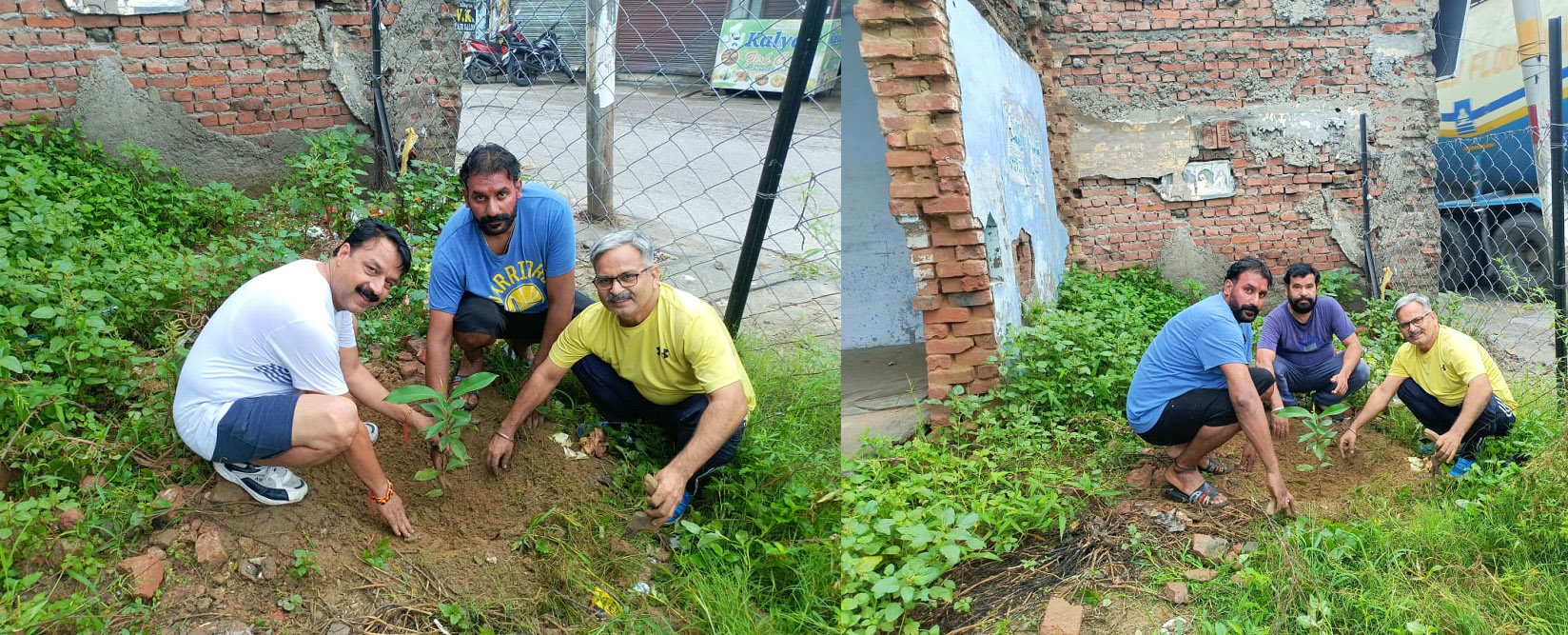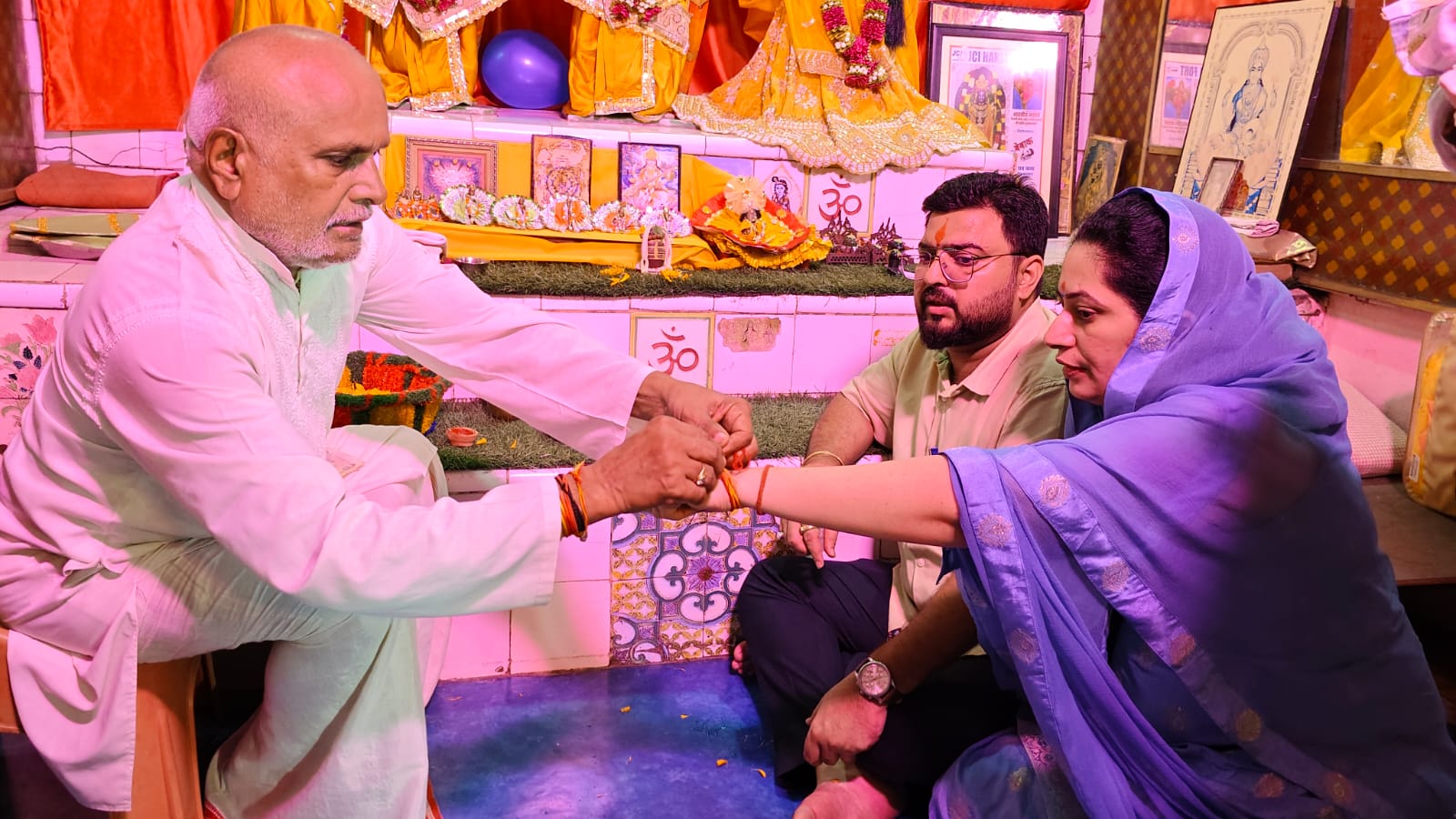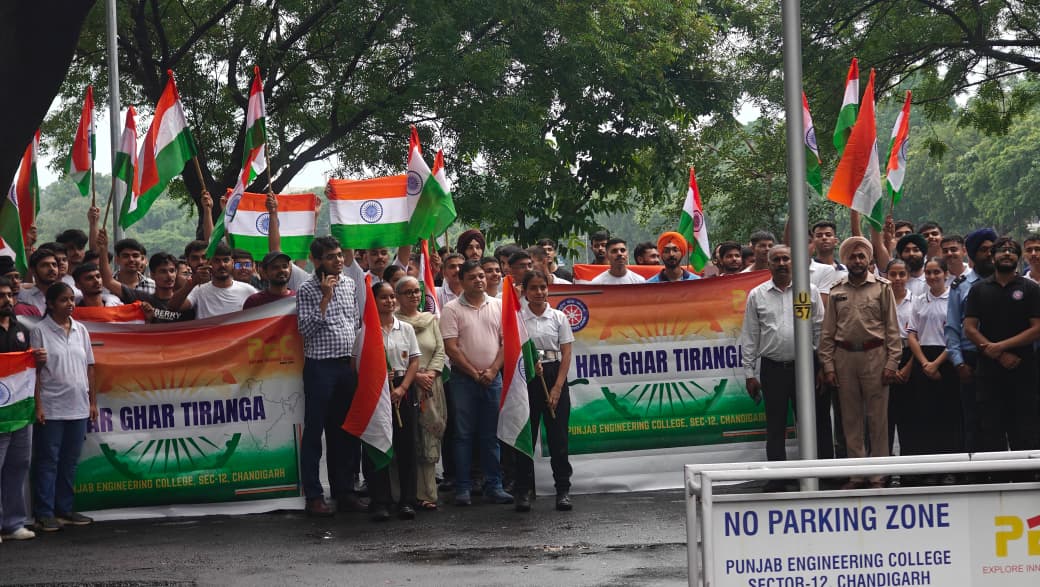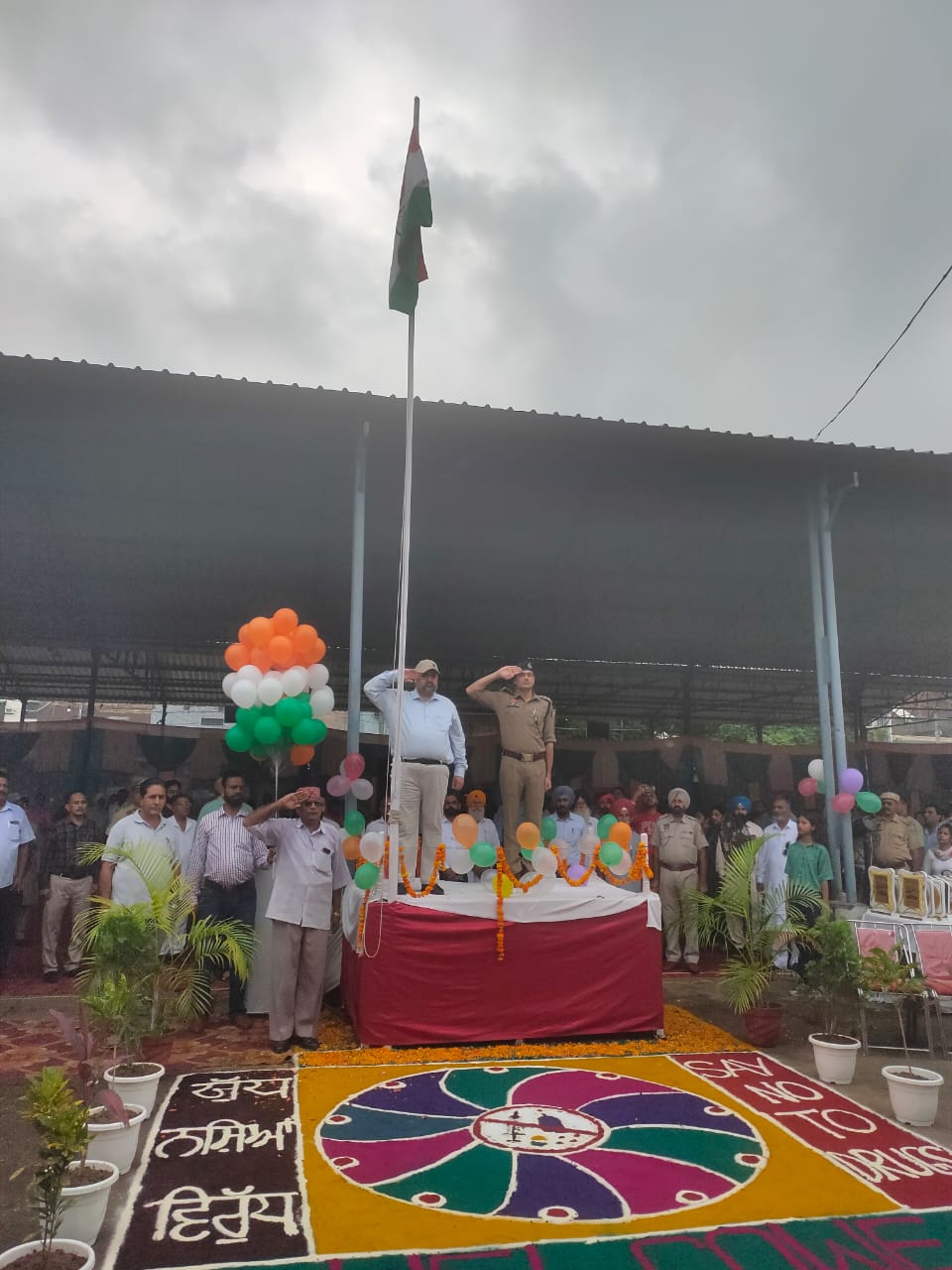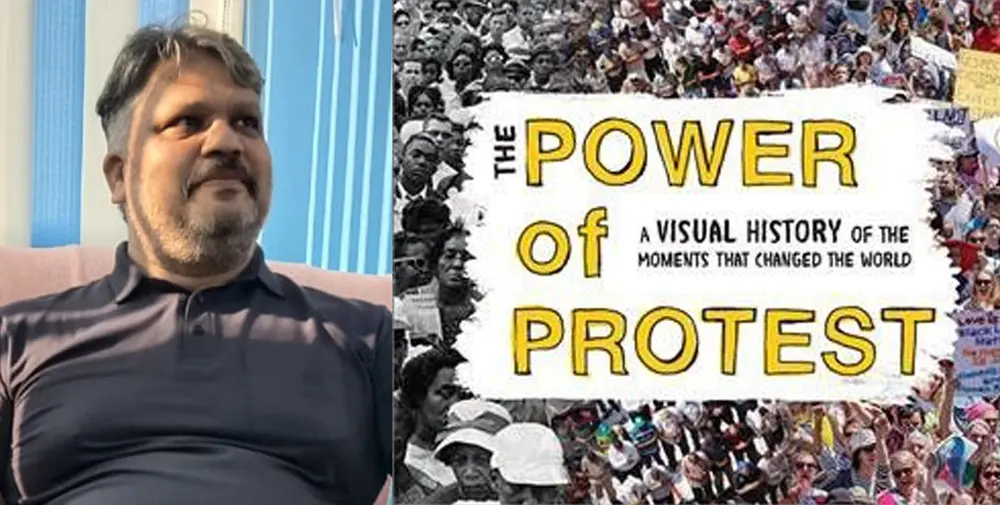
Protests: Significance, Individualism, and the Challenge to Social Stability
Introduction: Protests have always been a vital part of social change and governmental reform. They serve as a crucial mechanism for citizens to express their concerns, challenge injustices, and demand reforms. Historically, protests have played a significant role in addressing social inequalities, political oppression, and issues related to civil rights.
Introduction: Protests have always been a vital part of social change and governmental reform. They serve as a crucial mechanism for citizens to express their concerns, challenge injustices, and demand reforms. Historically, protests have played a significant role in addressing social inequalities, political oppression, and issues related to civil rights. In this article, we will explore the historical importance of protests, the rise of individualism, and how these elements are interconnected with social stability. We will also examine the evolution of protest activities, the consequences of violence in protests, and modern mobilization techniques. Additionally, we will discuss how governments respond to protests and what implications this holds for global justice.
Historical Importance of Protests: To understand the role of protests in modern society, we must first examine their historical significance. Historically, protests have been instrumental in bringing about significant social changes. Mahatma Gandhi’s nonviolent resistance movement is one of the many examples that were initiated during India’s struggle for independence. Gandhi’s approach, which included the Dandi March and other nonviolent demonstrations, set international standards and established nonviolent resistance as a global phenomenon. His path of nonviolence not only challenged colonial rule but also inspired future protests worldwide.
Gandhi’s nonviolent approach transformed the nature of protests. His methods showed that social and political change could be achieved through peaceful means, establishing this in global discourse. The success of Gandhi’s protest demonstrated that a protest could be a powerful tool when conducted with nonviolent methods and a clear objective.
The civil rights struggle in America also provides a strong example of the impact of protests. Leaders like Martin Luther King Jr. used peaceful marches, sit-ins, and speeches to demand civil rights and challenge racial discrimination. The March on Washington and King’s "I Have a Dream" speech illustrate how organized, peaceful protests can bring core issues to national attention and inspire legal and social change.
These historical examples clearly show that protests have long been a mechanism for social change, providing a platform for marginalized voices and challenging oppressive systems. They illustrate that protests can be a potent tool when carried out with a clear vision and nonviolent intent.
The Rise of Individualism: In modern society, individualism has emerged as a prominent characteristic of modern life. The focus on self-expression and self-identity shapes how individuals engage with social issues. This rise in individualism is often linked to the increasing significance of social media and digital communication platforms. These technologies have enabled individuals to express their views, gather support, and participate in activism on a global scale.
Social media platforms like Twitter, Facebook, and Instagram have transformed the way people engage in protests. These platforms provide individuals with a space to share their experiences, gather support, and organize events. For example, in the case of the Arab Spring, the widespread use of social media played a crucial role in coordinating protests and disseminating information, leading to significant political changes in the Middle East and North Africa.
However, the rise of individualism has also posed challenges to societal cohesion. As people increasingly prioritize their autonomy and identity, the importance of the collective may diminish. The increase of echo chambers and misinformation on social media can amplify divisions and hinder productive dialogue.
In the context of protests, individualism can produce diverse outcomes. On one hand, it amplifies various voices and perspectives within protests. On the other hand, it can weaken collective efforts when individual interests and agendas take precedence. Therefore, in modern protests, managing this individualism is crucial for maintaining social stability.
The Consequences of Violence: The issue of violence in protests is a deeply complex one. While violence can, in some cases, be seen as cathartic or necessary, the evidence suggests that violent protests are often less effective in achieving long-term, meaningful change. Frequently, violence gives governments an excuse to crack down aggressively, undermining civil stability and diverting attention away from the issues at hand.
Recent examples, such as the violent protests following the death of George Floyd in the United States, have shown that they were largely unsuccessful in alleviating the concerns of marginalized communities. Moreover, violent protests demonstrated the potential to escalate government repression and reactionary policies. Meanwhile, peaceful protests, such as nonviolent demonstrations and legal action, are more conducive to creating a powerful environment for change.
Thus, successful protests require a full understanding of the different impacts of violent and nonviolent tactics. This understanding is necessary to conduct protests in a manner that aims for positive outcomes without jeopardizing social stability.
New Technology and Modern Protests: New technology has transformed the fundamental activities of protests. Digital platforms have enhanced these activities and reduced their costs. However, these platforms often fall into the trap of misinformation. Therefore, digital social activities require a straightforward approach that helps establish comprehensive information and complete dialogue.
Government Responses and Protest Viability: Governments often view protests as a source of instability and resort to legal and administrative measures to suppress them. In such situations, it is preferred that governments emphasize dialogue and scientific approaches. This makes negotiations and solutions more acceptable. Therefore, as society progresses, it is crucial that we develop an approach that supports protests, dialogue, and social change.
Conclusion: Protests have remained an essential tool of social power. Historically, they have paved the way for social and political change, and individualism has created new challenges. Even today, we live in a time where protests have significantly contributed to old social structures, leading to a broad acceptance of this tool of power among people. Historically, protests have brought about change, while individualism and new technology have posed new challenges to the methods, goals, and outcomes of protests.
Public Participation: The true strength of protests lies in public participation. When people participate extensively in protests, they can strengthen their voices and put pressure on government decisions. This participation comes in the ability to send a clear message peacefully and individually. When people peacefully express their disagreements, they help advance the benefits of social stability and justice.
A Global Perspective on Protests: When we talk about the impact of protests on an international level, we understand that they are not limited to one country. With the spread of protest activities and the dissemination of public opinion through digital media, there is an increased risk of self-effect. In such situations, continuous dialogue and communication are needed, allowing diverse voices to be fully heard.
Protests and Social Stability: Balancing social stability and the success of protests is challenging. While different elements of society attempt to raise their voices, maintaining stability is equally important. This means that while upholding new ideas, justice, and originality, we must include everyone. The real success of protests depends on how we can include everyone without endangering social stability.
Therefore, when we consider the importance of protests and the need for social stability, it is crucial that we do not overlook either. We can learn lessons from history and progress toward building a balanced and stable society, understanding the challenges of individualism and the implications of new technologies.



